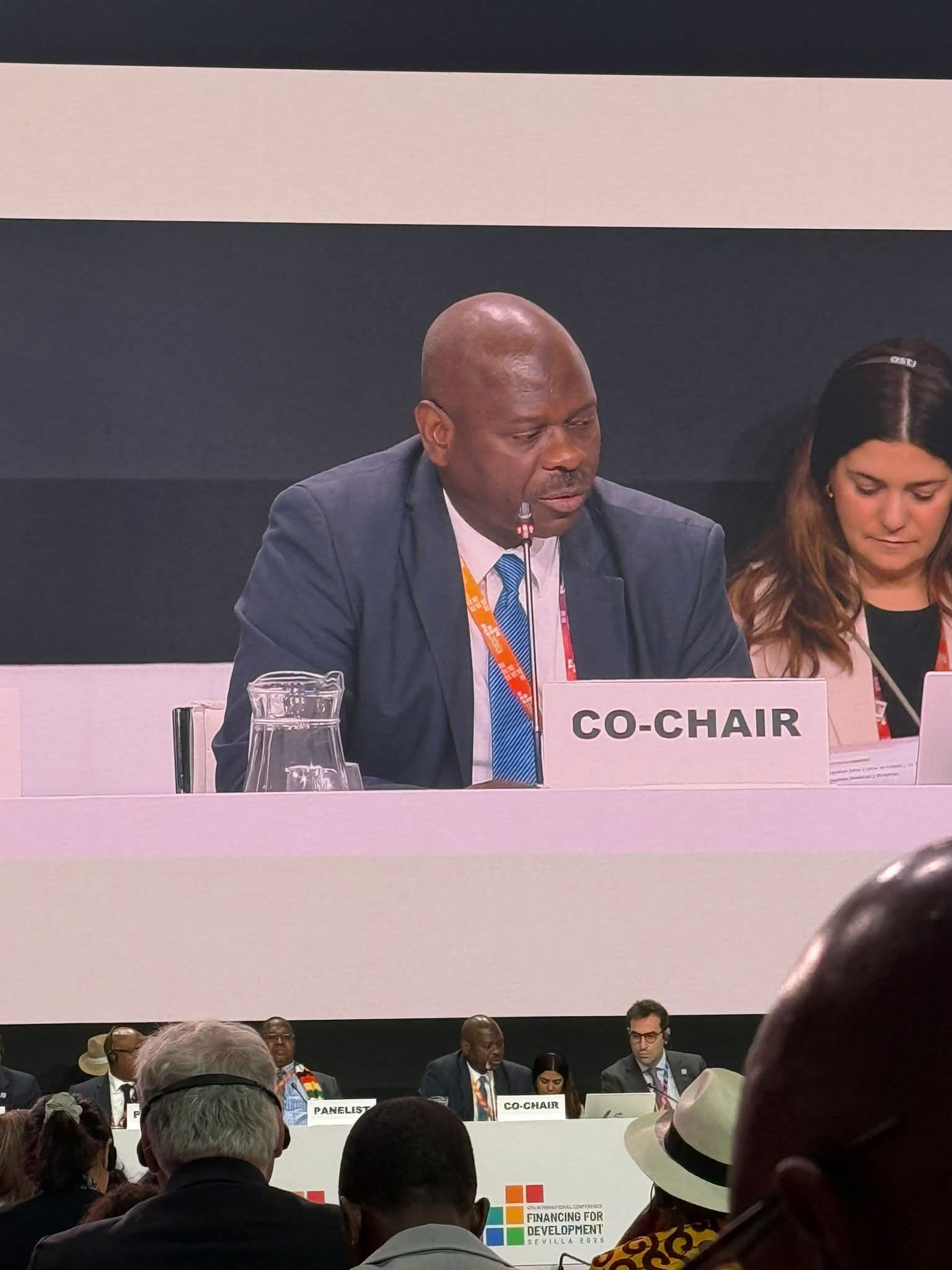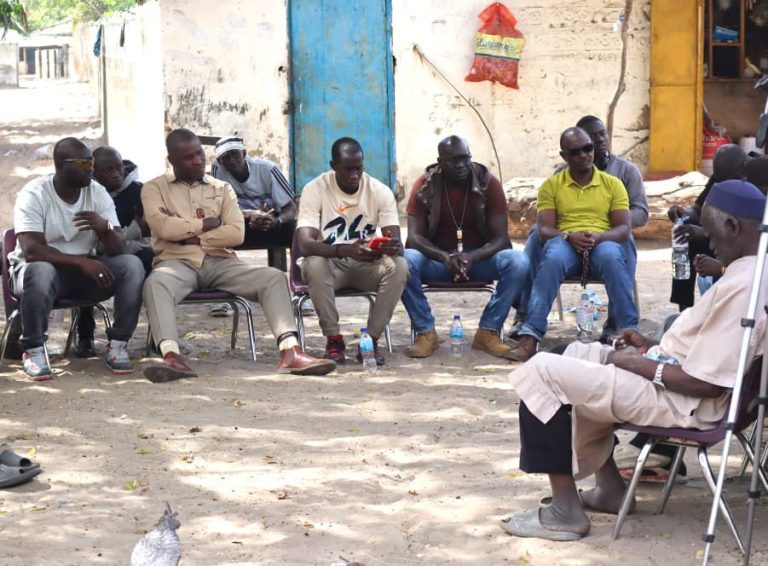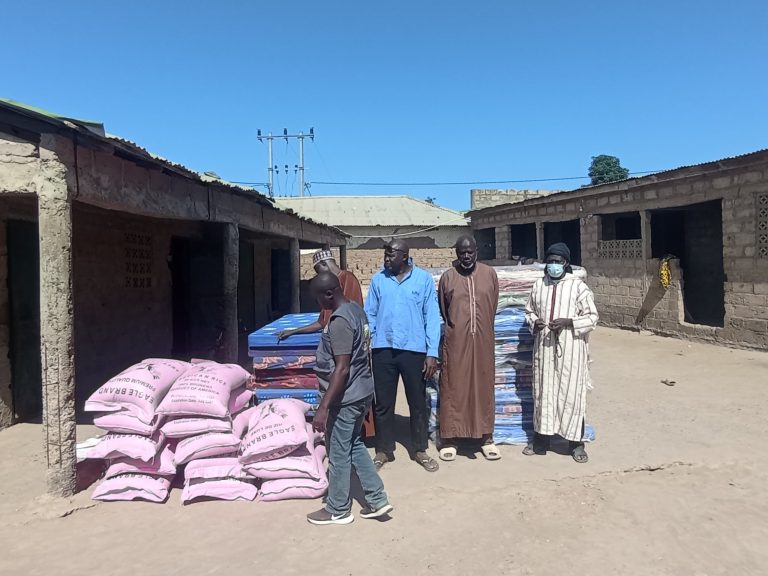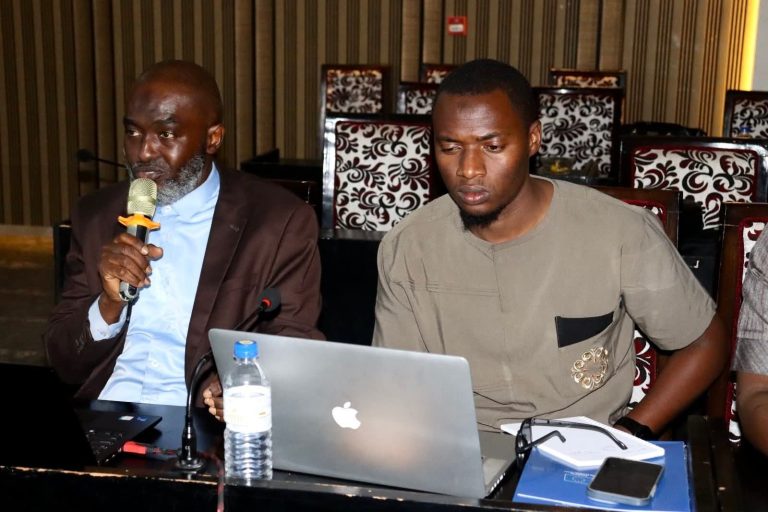
The Minister of Finance and Economic Affairs, Seedy K.M Keita, addressed the Fourth International Conference on Financing for Development, stating that the current international financial architecture is not working for most countries, particularly the smallest and most vulnerable ones. For countries like the Gambia, the gap between their ambitions and available financing is an existential one, with multiple challenges such as high debt burdens, climate shocks, a young and growing population, and limited access to affordable infrastructural resources.
The Minister emphasized the need for reform of the international financial system, which is not just a matter of preference but a matter of survival. He urged the international community to accelerate the implementation of these reforms and to amplify the voice of developing countries in global decision-making. He also called for a stronger, fairer global financial safety net, as emergency support has been too slow, expensive, and difficult to access, especially for low-income and climate-vulnerable countries.
He also urged the development of a new Special Drawing Rights (SDR) playbook, which would ensure quicker issuance, easier re-channeling, and better alignment with development needs. He also urged greater support for regional financial arrangements to complement global responses.
Lastly, he urged the international community to tackle the systemic barriers that keep capital out of countries. For countries like the Gambia, credit ratings often drive up borrowing costs, regardless of macroeconomic discipline. Despite reforms to improve fiscal governance, enhance transparency, and digitize revenue collection, they still face borrowing costs that are several percentage points higher than peers with similar fundamentals. Regulations designed for global financial stability often discourage investment in long-term development, particularly in small economies.
In conclusion, the Minister of Finance and Economic Affairs emphasized the need for an international financial system that rewards prudence, supports resilience, and empowers countries to plan for the long term. He urged the international community to move from words to action and make the international financial system purposeful, planet-friendly, and future-oriented.




